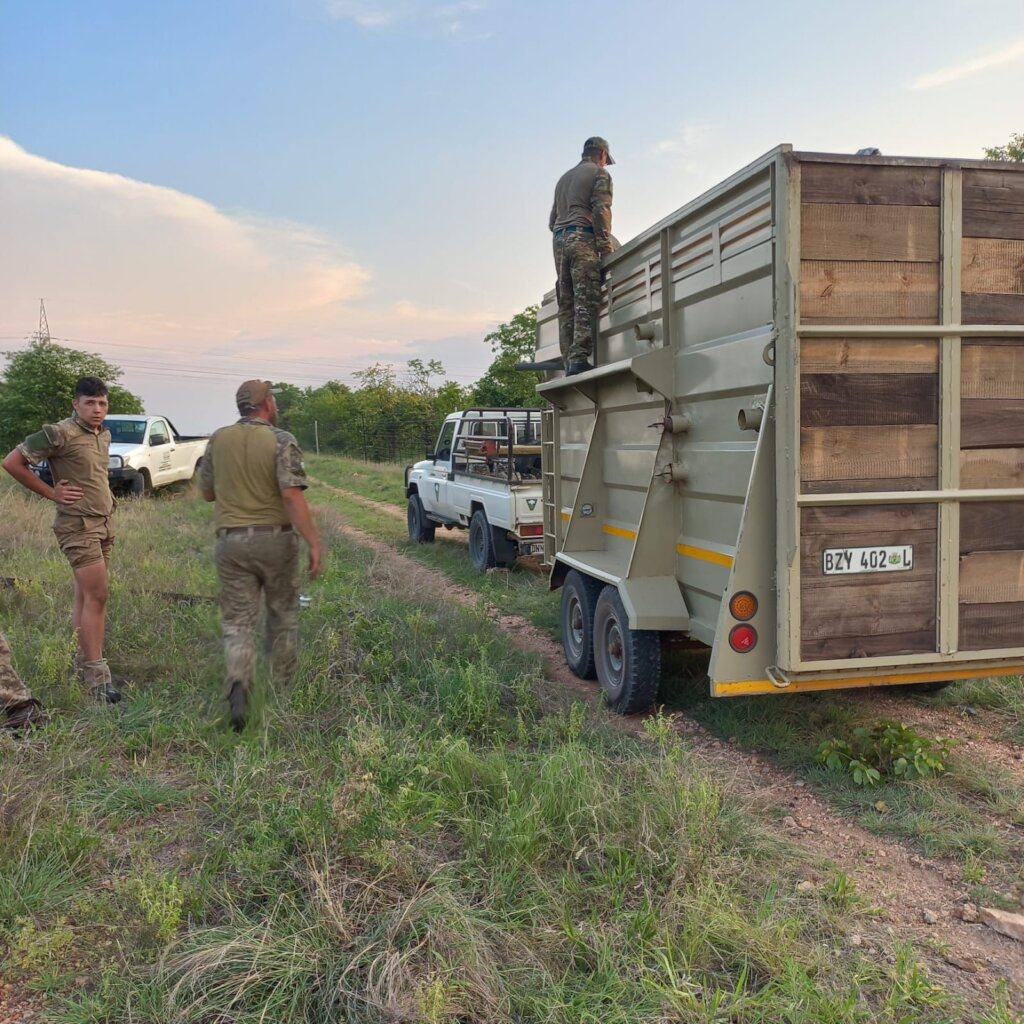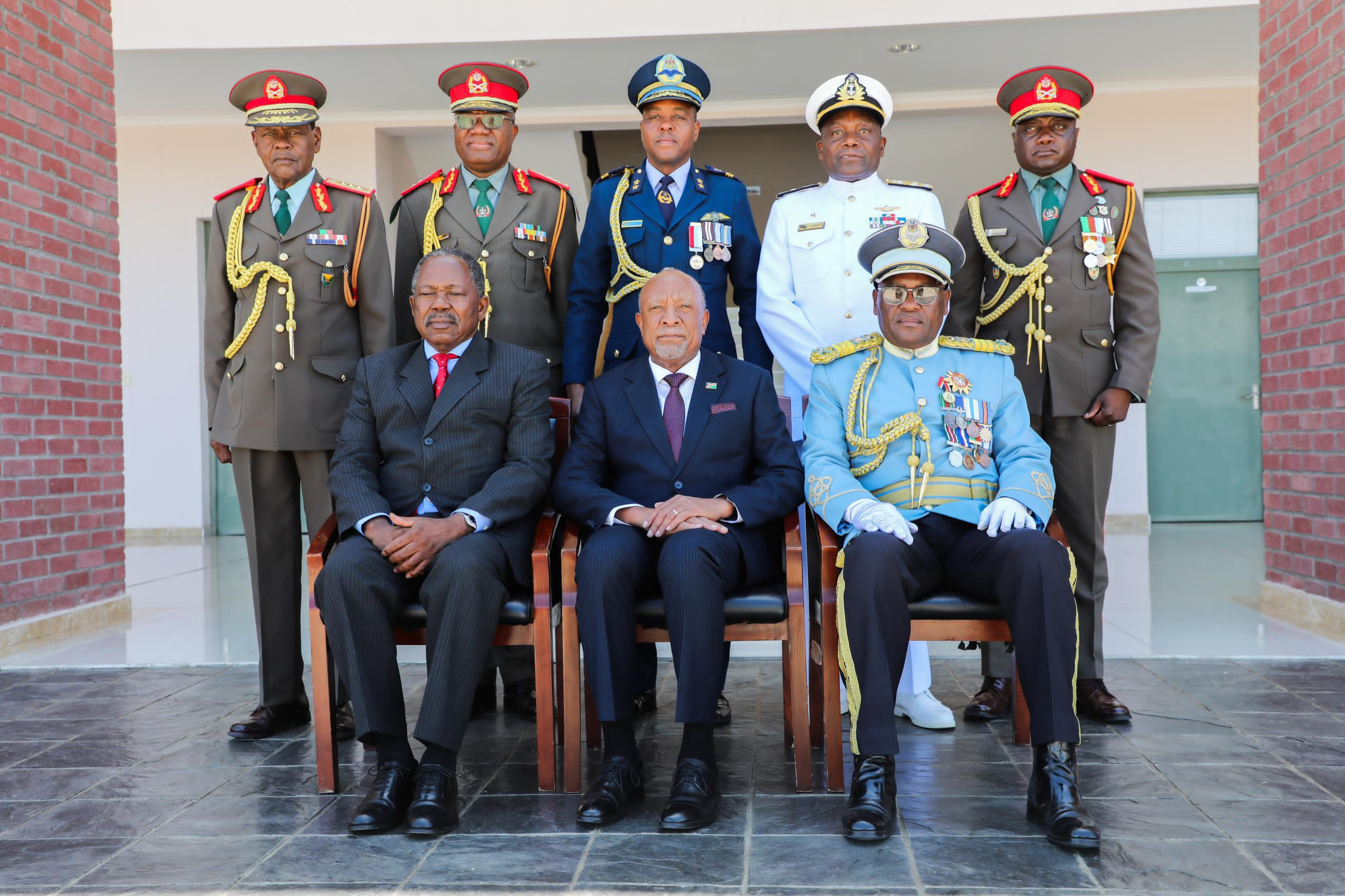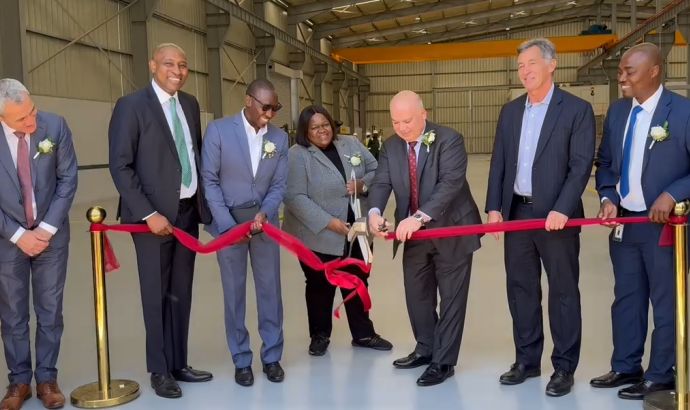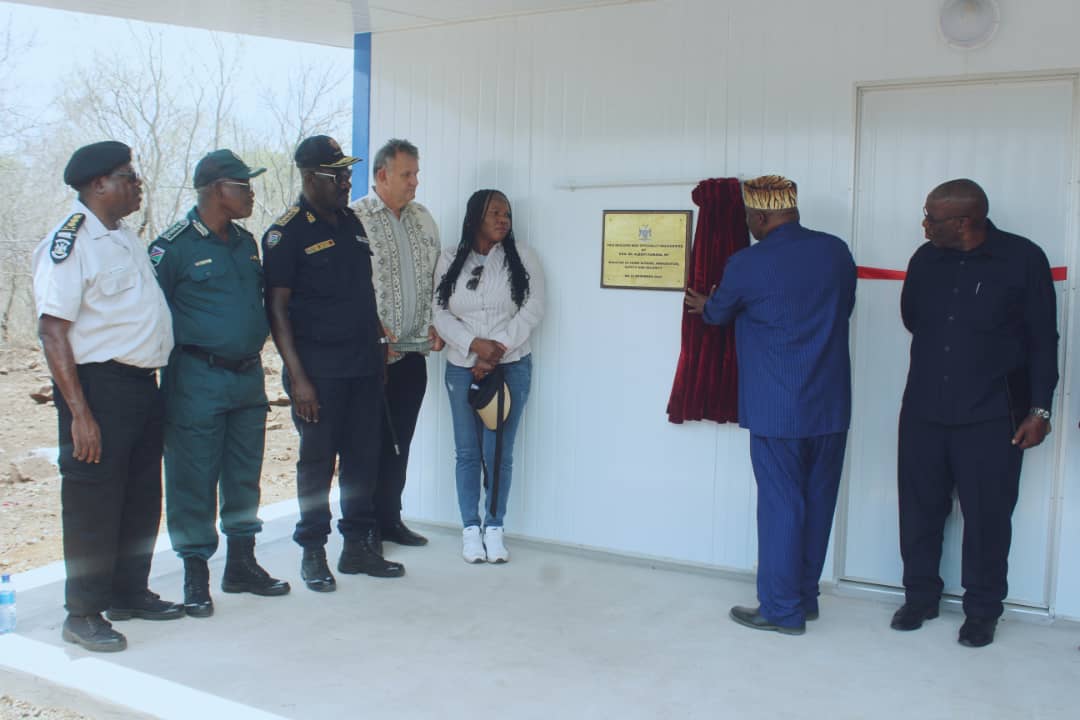Environment minister Pohamba Shifeta showed his gratitude for the ongoing support from the Integrated Wildlife Protection Management Project, funded by the German government through KfW Development Bank.
“The critical equipment we receive today is valued at approximately N$20
million and comes at a pivotal time for our conservation efforts,” he said on Wednesday in Windhoek.
“This consignment includes 21 4×4 off-road patrol vehicles, one sedan and IT equipment. With these additional patrol vehicles, we will be better positioned to ensure the mobility of our units resulting in a reduced reaction time to incursions,” Shifeta said.
Shifeta added that the donated IT equipment will increase the Ministry of Environment, Forestry and Tourism’s capacity to handle the administrative challenges of wildlife protection, as well as improve the monitoring of and reporting on patrol efforts to demonstrate the impact of the funds invested in the Wildlife Protection Service. Ultimately, the donations will significantly enhance the ministry’s ability to protect wildlife and manage Namibia’s national parks.
“This support could not have come at a more crucial moment,” he said.
According to Shifeta, despite the ministry’s wildlife protection efforts in recent years, they are still recording cases of rhino poaching.
“This year alone, we have tragically lost 46 rhinos (35 black and 11 white) to poaching in Etosha National Park,” Shifeta stated.
According to Shifeta, the ministry has reassessed their strategies, bolstered their staff numbers, carried out anti-poaching training and is currently investing in new ranger stations. Despite these efforts, the fight against organised international poaching syndicates remains a daunting challenge as long as there is international demand.
“Our rural communities continue to struggle financially, and the current drought conditions have made them even more vulnerable to exploitation by poaching syndicates,” he said.
“While arrests related to rhino and elephant poaching combined have decreased from 143 last year to 91 this year, and pangolin-related crimes have also declined from 60 cases last year to 30 this year, we recognise that there is still much work to be done,” he said.
“The equipment we are receiving today is not just a donation but an investment in the future of Namibia’s wildlife, its natural heritage, and its people,” Shifeta said.
Shifeta emphasised that strengthening conservation and law enforcement efforts is in important step towards the ultimate goal of ensuring that no wild animal is illegally killed in Namibia.
He thanked the German government and KfW Development Bank for their continued partnership.
“Together, we are making a lasting impact on conservation in Namibia and your unwavering support enables us to protect our wildlife and preserve our national parks for future generations. For this, we are truly grateful,” he said.
Shifeta asked for continued collaboration and commitment to conserving Namibia’s natural resources to benefit generations yet to come.
“To the men and women of the Namibian Police, the Namibian Defence Force, the Wildlife Protection Service, and all our partners in government, as well as NGOs and the private sector: your dedication and hard work do not go unnoticed,” he said.
Stay informed with The Namibian – your source for credible journalism. Get in-depth reporting and opinions for
only N$85 a month. Invest in journalism, invest in democracy –
Subscribe Now!






